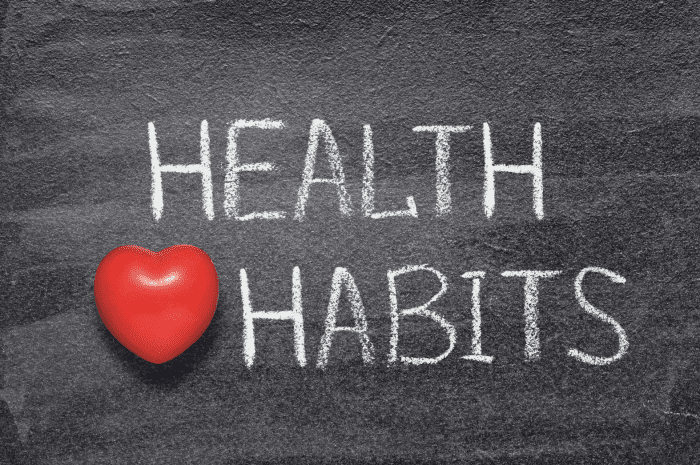Understanding and Maintaining a Healthy Heart

Cardiovascular disease, also known as heart disease, is a leading cause of death in the United States. It refers to a range of conditions that affect the heart and blood vessels, including coronary artery disease, heart attacks, and stroke.

However, the good news is that cardiovascular disease is largely preventable through healthy lifestyle choices and regular medical check-ups. In this blog post, we'll discuss the importance of maintaining a healthy heart and offer tips for reducing your risk of cardiovascular disease.
Eating a Healthy Diet
Eating a diet that is low in saturated and trans fats, salt, and added sugars can help reduce the risk of cardiovascular disease. Focus on eating a variety of fruits, vegetables, whole grains, lean proteins, and healthy fats, such as those found in nuts, seeds, and avocados.Exercising Regularly
Physical activity is an essential component of a healthy heart. Aim to get at least 30 minutes of moderate-intensity aerobic activity, such as brisk walking, cycling, or swimming, most days of the week.Managing Stress
Stress can have a significant impact on heart health, so it's essential to manage it effectively. Try practices such as meditation, deep breathing, and yoga to help you manage stress and maintain a healthy heart.Quitting Smoking
Smoking is a leading cause of heart disease, so quitting is one of the best things you can do for your heart. If you need help quitting, talk to your doctor about smoking cessation programs and nicotine replacement therapies.Monitoring Blood Pressure and Cholesterol Levels
High blood pressure and high cholesterol levels are both risk factors for cardiovascular disease. Regular check-ups with your doctor can help you monitor these levels and make any necessary lifestyle changes to keep them under control.

Maintaining a healthy heart is essential to reduce the risk of cardiovascular disease. By eating a healthy diet, exercising regularly, managing stress, quitting smoking, and monitoring blood pressure and cholesterol levels, you can help protect your heart and live a long, healthy life.
